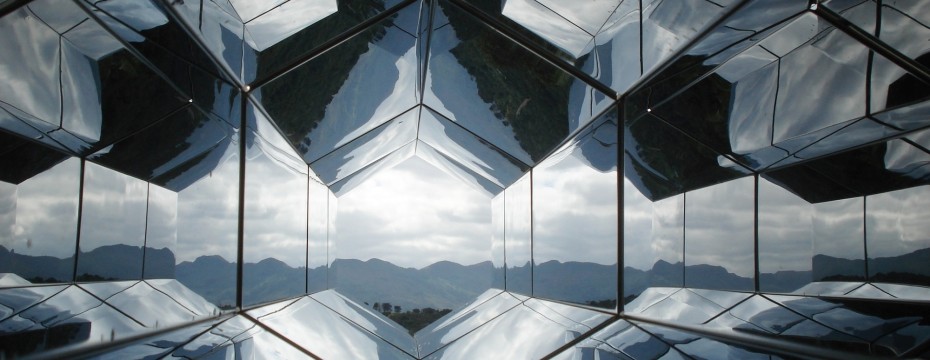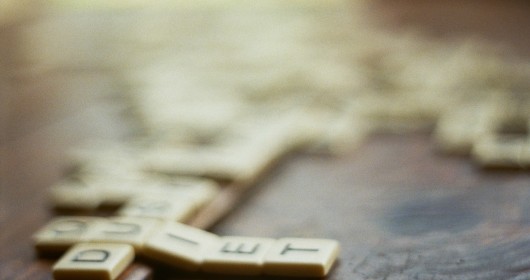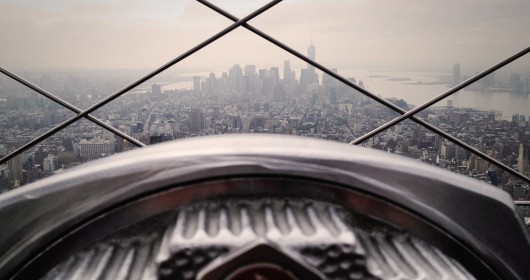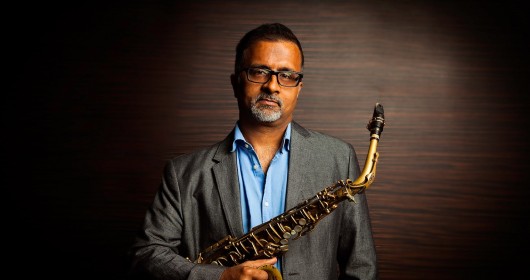Dissecting the man in the mirror

The renowned psychologist, Erik Erikson, once said. “In the social jungle of human existence, there is no feeling of being alive without a sense of identity”. Ever since childhood, I have been in pursuit of this identity. As Erikson noted, it is perhaps my sense of existence or ‘aliveness’ amid this intricate human world that drives me in my quest for identity. I have encountered and associated myself with many different identities embodying my many interests, passions, and affiliations over the years. However, one of the most important and enduring identities I relate with is that of my Indian heritage.
One of the greatest influences on the development of an identity is the environment in which the individual grows up. I think I can attribute my high regard for my ethnic and cultural heritage to the society and environment I was raised in. Being born and brought up in America, I feel that the key American values of cultural diversity, inclusion, and expression are partially responsible for fostering my sense of ‘Indianness’. It is perhaps paradoxical to say, but my American identity in turn, facilitated the growth of my Indianness one over the years.
It might also be due to the fact that I am in America, and not in India, that has magnified my emphasis on my Indian heritage, to distinguish myself from the crowds of my peers. During my early school years, my parents sent me to live with my grandparents in India along with my cousin and my brother. It was during this time, that I discovered my connection with the land— the “motha land”. Funnily enough, I found myself identifying as an American to my Indian peers in school. This makes sense, though, as it fits in well with the social identity theory, which says that an individual’s self-concept is determined by his/her perceived identity relative to that of the group’s.
When I returned to the American school system, I felt that I was an outsider. It took me a while to adjust and realize that I was one of them— an American in my own birthright. I tried assimilating back into the crowd but I realized that that wasn’t me either. I wasn’t a European or African American; I was an Indian American. It was then that I came to an epiphanic zenith, and I broke out of that constant cycle of fluctuating between identities. I had learned to reconcile the two cultures when I realized that there was no cultural conflict at all. I realized that the glory and strength of America is derived from its unique ability to blend together and incorporate the different heritages and traditions of the world into a multi-culturally diffused melting pot. I realized that I was going to contribute my own share to this melting pot by embracing my Indian heritage.
Ever since then, which was when I was 10 years old, to now, when I am a 17 year old junior in high school, I have been highly intrigued and appreciative of my cultural and ethnic background. I have researched extensively and have read many books on the historical and cultural evolution of India. It has been one of my passions, to explore and admire the grand chronicles of India and its peoples.
After having gained and cherished the knowledge of such a rich past and heritage, I was appalled and disturbed when I encountered Indian Americans who have chosen to distance or dismiss that same heritage. But gradually, I came to find no fault in them. Who am I to judge? They have chosen their path and I have chosen mine. Nobody can really tell who is right; it is all a matter of perspective. I mean, even the early kingdoms of India had to assimilate into other kingdoms and adopt their customs and traditions. It is all a part of the grander scale of the sociological patterns of humanity over time. Whether an individual person or group of people chose to retain their own culture, passed down to them for generations or chose to adopt a new one, is entirely inconsequential in terms of the large scheme of events of the past and the future. In this cosmopolitan and globalized world, we must learn to respect our differences and encourage a climate of pluralism. I also think that by exploring and expressing the uniqueness of my Indian heritage, I will enrich my cultural identity and expand myself to an open-minded perspective on life and the transmission of knowledge and traditions from generation to generation.





